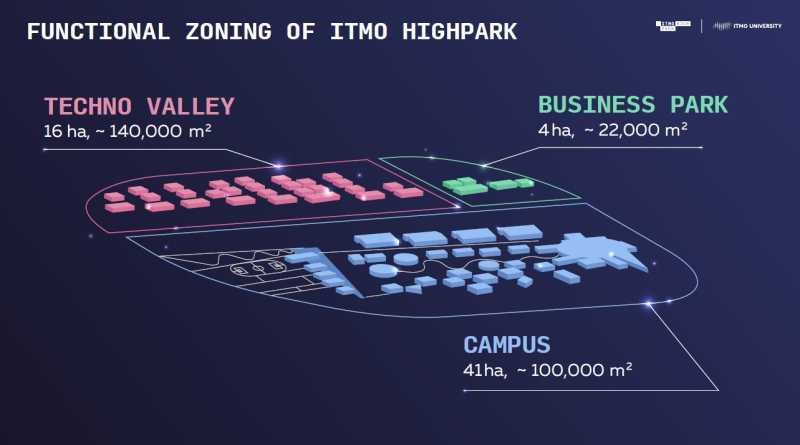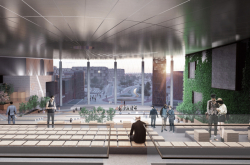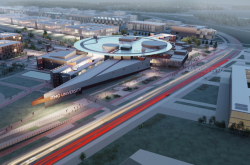On December 18, the St. Petersburg State Expertise Center issued a positive assessment of the digital model of the local external utility network for the world-class research, education, and innovation center ITMO Highpark. The model was presented together with the design document.
The design was commissioned by the ITMO Highpark company, which decided to apply the technologies of information modeling in planning the site’s engineering infrastructure. As the city administration emphasized, the use of digital information modeling is part of the Digital Economy national program and is one of the key priorities of the Housing and Urban Environment national project.
Nikolai Linchenko, the Vice-Governor of St. Petersburg, notes that engineers have designed a total of over 30 km of electrical, water supply, gas, heating, and communication networks, as well as utility and stormwater sewers. The digital model was developed using Autodesk Civil 3D software.
“ITMO Highpark has received approval on one of the first, but no less crucial stages. The entire project should be a breakthrough in urban planning, science, education, and technology. And we’re glad that we were the first in Russia to get approval on a digital model,” said Andrey Nazarov, the General Director of ITMO Highpark.

ITMO Highpark is a sophisticated science, education, and innovation center under the aegis of ITMO University, located in the satellite city Yuzhny. It will become home to ITMO University’s second campus, objects of scientific, innovative, and production infrastructure, and a business area.
Its mission and vision are focused on unlocking human potential and establishing an ecosystem conducive to the growth of talent, quality of life, and capital. ITMO Highpark will provide an environment for the personal, professional, and creative development of the university’s staff and students. Its educational activities will consist of Master’s and PhD programs with a focus on applied research and its subsequent commercialization.
Scientific and technological areas of focus include intelligent technologies, cyber-physical systems, photonics, quantum technologies, and biochemical technologies. Learn more about the project and its implementation in this article.




